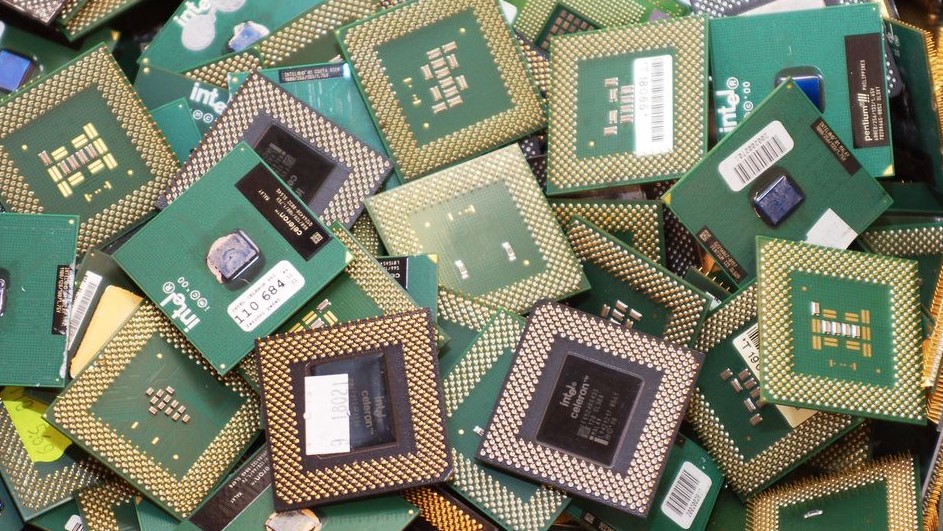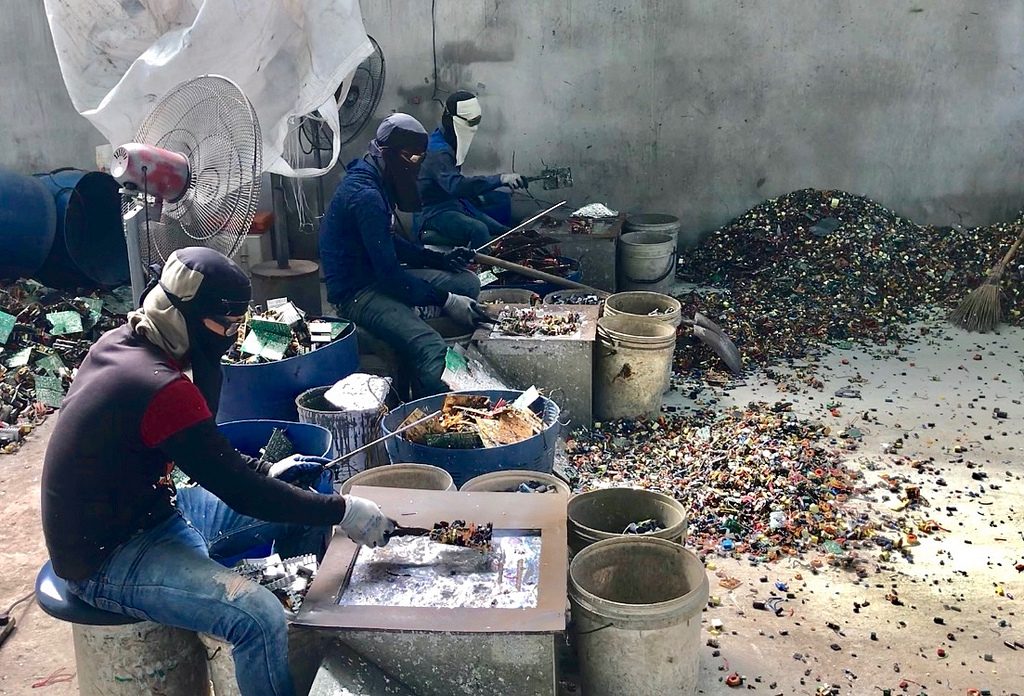Irish e-waste found dumped in developing countries

February 7th, 2019
Electronic waste from Ireland and other EU countries is being dumped in developing countries, a new international study has found.
The findings were revealed in a new two-year study that tracked the movement of 314 old computers, printers, and monitors from 10 EU countries using secretly installed GPS trackers.
The study, carried out by the environmental group Basel Action Network (BAN), found that equipment was most often delivered to government-approved takeback stations.
Nineteen (6 per cent) items, however, were exported, including 11 potentially illegal shipments to non-EU countries, the report found.
It is illegal to export e-waste from the EU to developing countries under the Basel Convention, an international treaty to reduce the movement of hazardous waste across the world.
The report identified the UK as the worst violator with five cases, with Italy, Germany, Spain, Poland and Ireland also found to have allowed shipments to developing countries.
While the study itself was quite limited, BAN estimates that the flow of e-waste to developing countries may be over 350,000 metric tonnes per year, enough to fill almost 17,500 large shipping containers.
E-waste is one of the world’s fastest growing waste streams, with 44.7 million metric tonnes estimated to have been produced in 2016 alone.

Photo: Ondřej Martin Mach
The Irish cases
In October 2017, BAN dropped off 24 non-functioning pieces of electronic waste, including LCD monitors, printers and computers, to facilities in towns and cities across Ireland.
Three suspicious shipments of LCD monitors were identified, one each in counties Cork, Tipperary and Limerick, the latter of which is under investigation by the National Trans-Frontier Shipment Office (NTSFO), according to RTE Investigates.
In October 2017, BAN staff deposited an LCD monitor at a civic amenity site in the county that ended up in a scrap yard 11,885km away in Hong Kong last month via Romania.
Non-functional LCDs are considered a controlled hazardous waste under EU regulations and it is also illegal to import hazardous e-waste into Hong Kong.
A recent UN study found that a quarter of over 60,000 tonnes of electronic waste shipped to Nigeria in 2015 and 2016 was non-functioning and potentially toxic. Almost seven per cent came from Ireland.

Burmese workers trying to protect themselves from fumes and smoke from the cooking of circuit boards at site in Thailand Photo: BAN
Circular Economy in trouble
BAN staff visited several locations in destination countries where European e-waste ended up, finding that the electronics were often subjected to substandard and dangerous recycling operations.
Workers were often exposed to chemicals through the process of smashing, burning, melting, or acid stripping of electronic good to extract valuable metals and minerals.
Parts of the e-waste containing substances such as mercury and lead were discarded or burned in local dumps, the study found.
The discovery of these “very significant stream of illegal shipments” to vulnerable populations “flies in the face” of the EU’s circular economy objectives, according to Jim Puckett, the director of BAN.
“There is far too much bemoaning illegal exports, while at the very same time, the EU is hypocritically working to make such dangerous exports legal,” he said.
“The answer to criminal activity is not legalizing that activity but rather improving enforcement to ensure the future health of Europe is not dependent on poisoning the rest of the world.”
He said that BAN is fearful that efforts by electronics manufacturers to create a “repairables loophole” in the Basel Convention will allow a tsunami of broken, low-value electronic scrap to flow from Europe.
[x_author title=”About the Author”]







